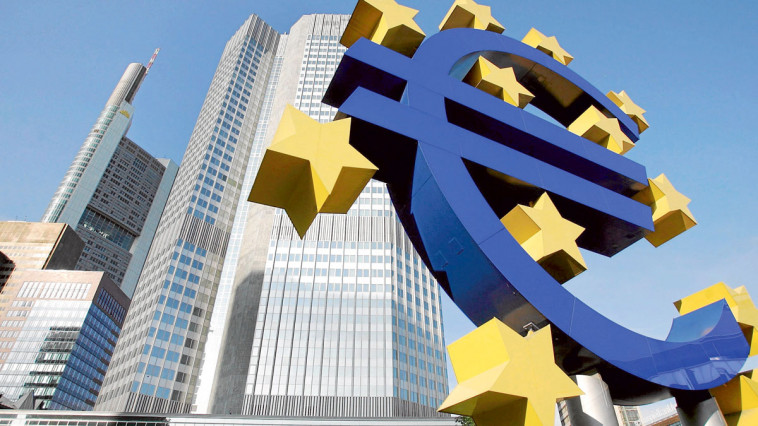Euro-Area Finance Ministers: Shocks from Italy vote are limited

The euro area is well positioned to withstand any shock from Italian voters’ decision against constitutional reform, which led Prime Minister Matteo Renzi to announce his resignation, according to the bloc’s finance ministers, informs Bloomberg.
"I don’t think there is reason to talk about a euro crisis. The Italians have a lot of experience dealing with such situations and that’s why I’m not concerned," German Finance Minister Wolfgang Schaeuble told reporters in Brussels before a gathering of his euro-area counterparts.
Voters in Italy on Sunday rejected by 60 percent to 40 percent Renzi’s proposal to rein in the power of the Senate, triggering fears of renewed financial upheaval in Europe. Even as Italian bond yields rose in response to the referendum, equity markets across the continent showed little sign of panic.
"It doesn’t really change the situation economically in Italy or in the Italian banks. The problems that we have today are the problems we had yesterday and they still have to be dealt with and that process will continue as far as I’m concerned, so let’s wait for the outcome of the political process," said Jeroen Dijsselbloem, the Dutch finance minister who chairs meetings of his euro-area counterparts. “”
The yield on Italy’s benchmark 10-year bond rose 12 basis points, or 0.12 percentage point, to 2.02 percent at 3:06 p.m. in Rome. That’s up from a closing low this year of 1.1 percent on Aug. 12. The FTSE MIB index, which tracks the 40 most liquid stocks in Italy, fell 1.2 percent.
"Italy is a solid country that is anchored in European construction. All of this won’t have an impact on our determination to face European difficulties," French Finance Minister Michel Sapin said.
The euro pared its earlier losses against the dollar, rising 0.4 percent to $1.07. Italy’s Finance Minister Pier Carlo Padoan, a potential successor to Renzi, canceled his trip to Brussels for the meeting.
"Italy is a strong country, it’s a reliable country. I’m confident the Italian authorities have the means and the capacity to face this situation," European Union Economic and Monetary Commissioner Pierre Moscovici said.
Source: Bloomberg














